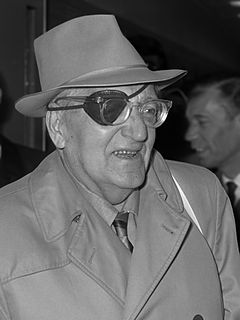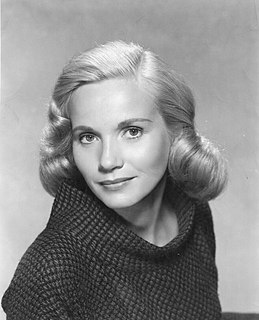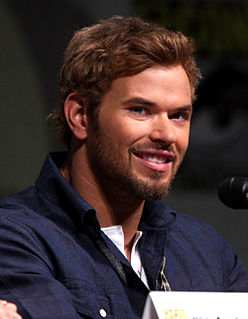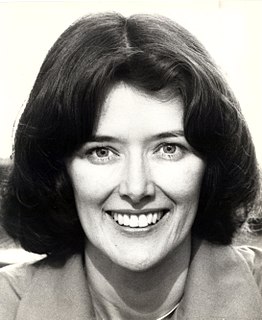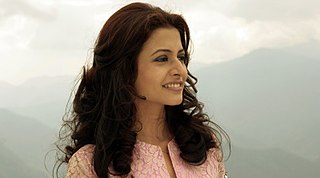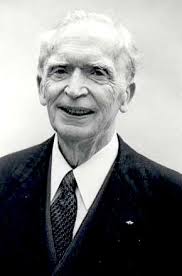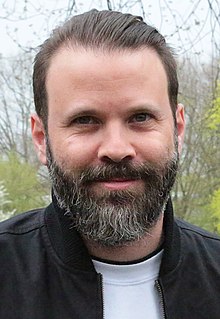A Quote by Fritz Lang
Each picture has some sort of rhythm which only the director can give it. He has to be like the captain of a ship.
Related Quotes
The director is the captain of the ship, without question. No matter what their talent or energy level is, everyone on the crew has all eyes on the captain. If they come in going, "I don't know. Maybe we'll do this. Maybe we'll do that," you've got 10 days to shoot and they don't care what you're doing.
There is so much to sailing a ship. There's about a thousand different lines on a brig ship, and knowing what each one of those does, it takes a long time, and that's why you have these cabin boys that start on the ship, and they learn throughout the years, and that's why it takes so long to captain one.
The doctors take the bodily evidence as the disease. . . . disease is itself an impudent opinion. He throws off the feelings of the sick and imparts to them his own which are perfect health, and his explanation destroys their feelings or disease. . . . He is like a captain who knows his business and feels confident in a storm, and his confidence sustains the crew and ship when both would be lost if the captain should give way to his fears.
